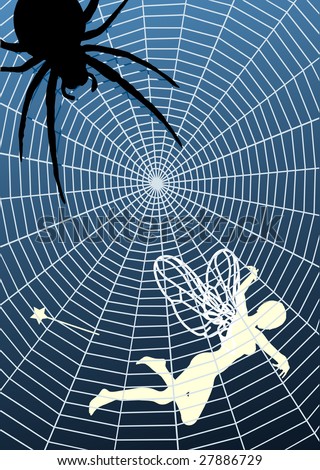
'via Blog this'
BSE is one of a group of brain and nervous-system diseases affecting various animals, such as chronic wasting disease in elk and deer in North America and scrapie in sheep. It's caused not by bacteria or viruses, but by rogue proteins called prions.
The disease affects the brain and the spinal cord tissues. BSE gets its scientific name from the microscopic holes in the brains of affected animals, giving the tissue a sponge-like appearance. There is no vaccine or treatment for BSE, according to the World Organization for Animal Health.
The only known source of mad cow disease is from animal-based feed contaminated with tissue from a diseased animal. The original source of BSE is believed to have been feed containing tainted meat from sheep with a related disease called scrapie.
The disease gets into the human food supply when an infected cow is slaughtered for meat. Milk from infected cows doesn't spread the disease, according to the Canadian Food Inspection Agency.
Yes. A prion disease called variant Creutzfeldt-Jakob disease (vCJD) was first diagnosed in humans in the United Kingdom in 1996 and has been linked to consumption of tissue from animals infected with BSE, according to the U.S. Centers for Disease Control and Prevention (CDC). The first person to develop symptoms of what turned out to be vCJD became ill in January 1994, according to the World Health Organization.
Scientific evidence indicates that vCJD is caused by the same agent that causes BSE in cattle, says the Canadian Food Inspection Agency. The CDC adds that research indicates that older adults are much less susceptible to vCJD than children and young adults.
Symptoms typically don't start showing up until several years after infection, sometimes taking nearly a decade to appear. Once someone is infected, there is no cure.
Early in the illness, patients usually experience psychiatric symptoms, which most commonly take the form of depression or a schizophrenia-like psychosis, according to WHO. Unusual sensory symptoms, such as "stickiness" of the skin, have been experienced by half of the cases early in the illness. Neurological signs, including unsteadiness, difficulty walking and involuntary movements, develop as the illness progresses and, by the time of death, patients become completely immobile and mute.
 Work continues at a meatpacking plant in Toronto on May 22, 2003, despite several countries placing a temporary ban on Canadian beef after a case of mad cow disease was discovered on an Alberta farm.(Mike Cassese/Reuters)
Work continues at a meatpacking plant in Toronto on May 22, 2003, despite several countries placing a temporary ban on Canadian beef after a case of mad cow disease was discovered on an Alberta farm.(Mike Cassese/Reuters)In Canada, brain and spinal cord material are removed from the carcass of animals and do not end up in the food supply. No cases of vCJD have been linked to eating Canadian beef, according to the Canadian Food Inspection Agency, and it says "the risk of contracting vCJD in Canada is extremely small."
By October 2010, a total of 222 definite and probable variant CJD cases had been reported worldwide in residents of 12 countries, according to the Creutzfeldt-Jakob Disease Surveillance Network.
Canada's first case was identified in 2002 and a second case was identified in March 2011, according to the Public Health Agency of Canada. Both were thought to have been contracted abroad.
Cooking doesn't....
'via Blog this'